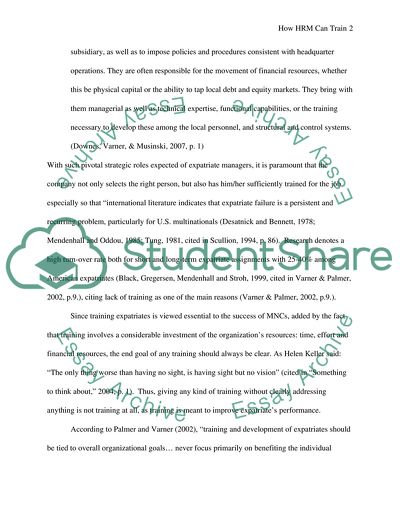Cite this document
(The Effective Management of International Human Resources Research Paper, n.d.)
The Effective Management of International Human Resources Research Paper. Retrieved from https://studentshare.org/human-resources/1731060-how-hrm-can-train-and-appraise-expatriates-who-are-remote-from-headquarters
The Effective Management of International Human Resources Research Paper. Retrieved from https://studentshare.org/human-resources/1731060-how-hrm-can-train-and-appraise-expatriates-who-are-remote-from-headquarters
(The Effective Management of International Human Resources Research Paper)
The Effective Management of International Human Resources Research Paper. https://studentshare.org/human-resources/1731060-how-hrm-can-train-and-appraise-expatriates-who-are-remote-from-headquarters.
The Effective Management of International Human Resources Research Paper. https://studentshare.org/human-resources/1731060-how-hrm-can-train-and-appraise-expatriates-who-are-remote-from-headquarters.
“The Effective Management of International Human Resources Research Paper”, n.d. https://studentshare.org/human-resources/1731060-how-hrm-can-train-and-appraise-expatriates-who-are-remote-from-headquarters.


